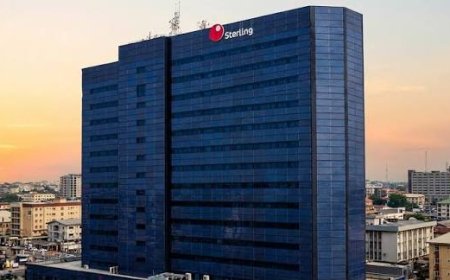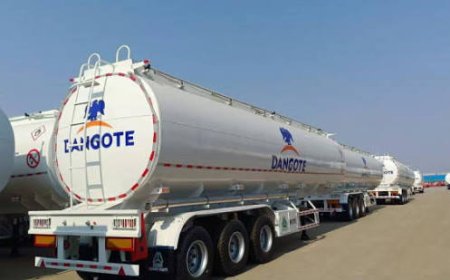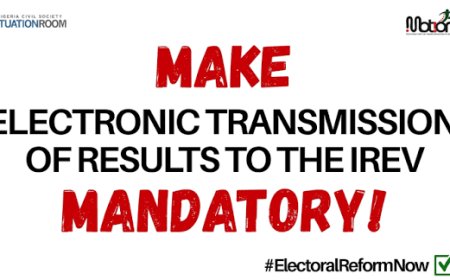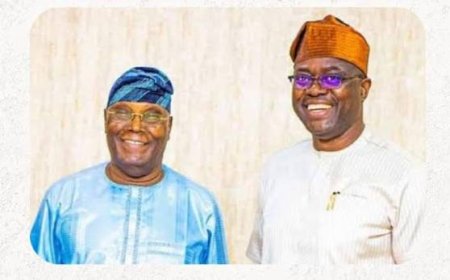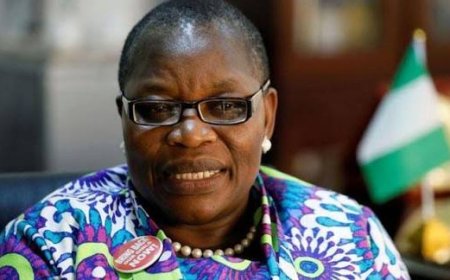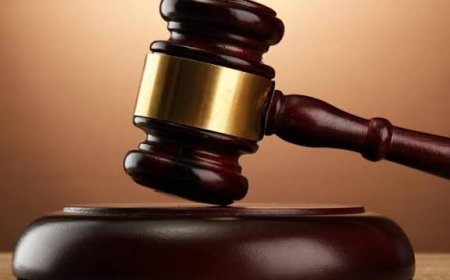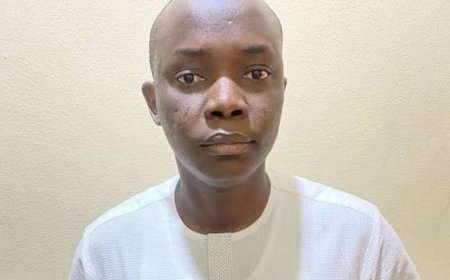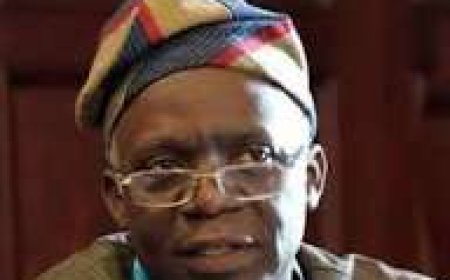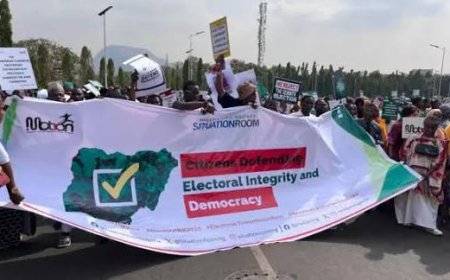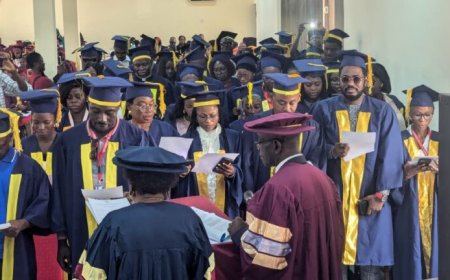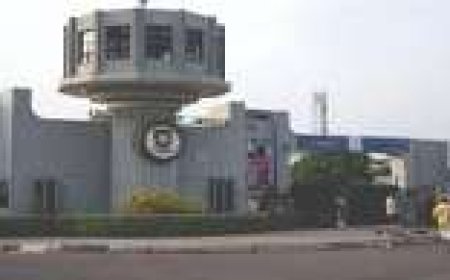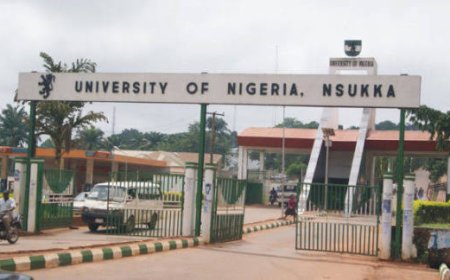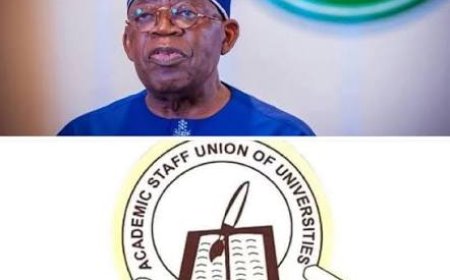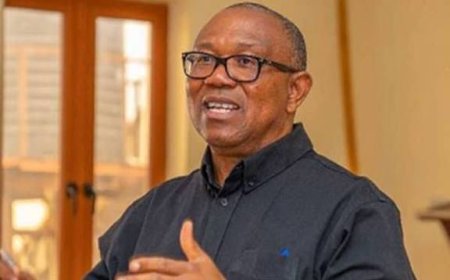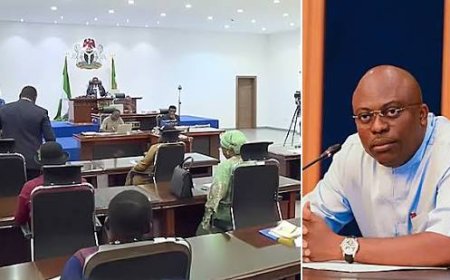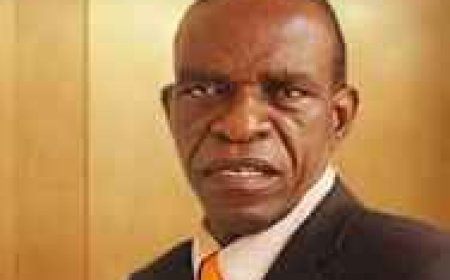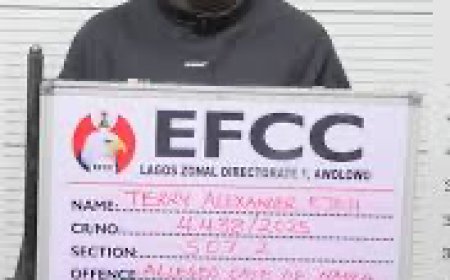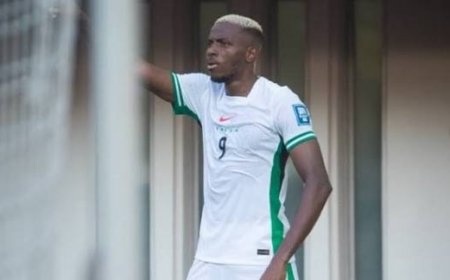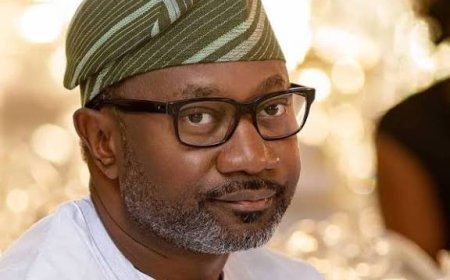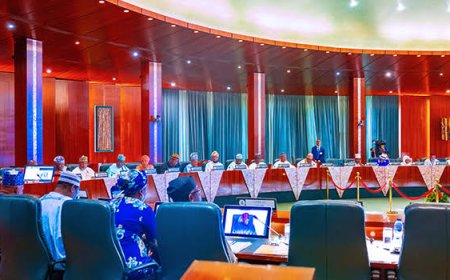Imperative of State Police
In the last two decades, the capacity of the Nigerian Armed Forces, the police, and other security agencies to restore law and order, secure the national territory, and provide safety and human security, has sorely been tested by the scale, scope, and intensity of the internecine violence in the country.
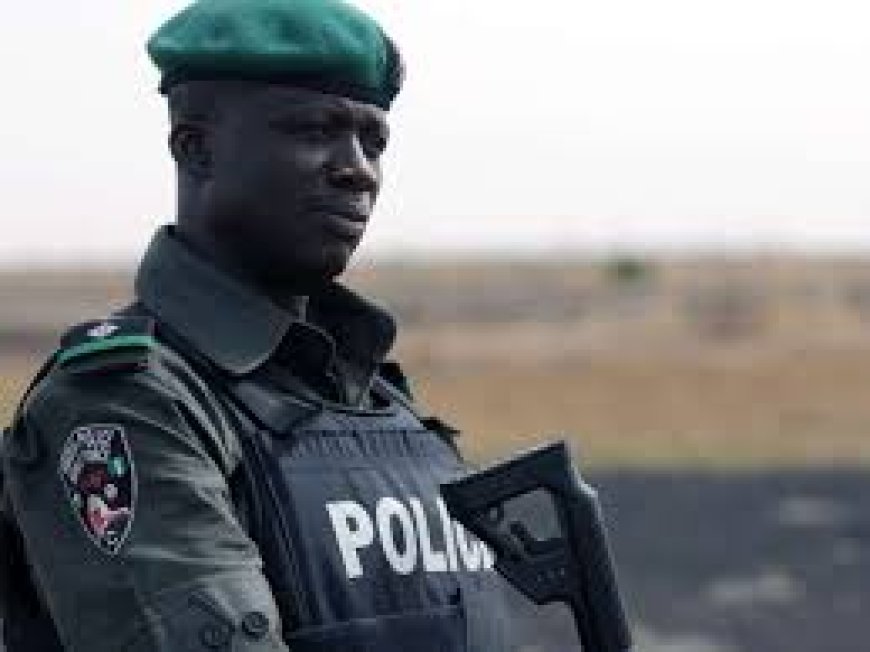
By Abdul Oroh
Sunday Southerner ---------- In the last two decades, the capacity of the Nigerian Armed Forces, the police, and other security agencies to restore law and order, secure the national territory, and provide safety and human security, has sorely been tested by the scale, scope, and intensity of the internecine violence in the country. This phenomenon has created the impression that the law enforcement agencies are not up to the task.
Having survived a civil war which claimed over two million lives, the present situation in the country challenges policy makers and indeed all Nigerians to seek smart, bold and effective steps to pull back the nation away from the abyss.
The UN in 2009 raised the red flag, signaling the possibility of a major international crisis arising if Nigeria does not change course. The U.N. listed Nigeria among the 15 most vulnerable nations in the world on account of its perilous internal security problems.
In 2018 Amnesty International, the Global Index on Terrorism and the US Council on Foreign Relations put the number of people slaughtered since 1999 to no less than fifty thousand. These figures may be rather conservative, considering that the violence has not significantly abated.
The Nation newspaper in December 18, 2018 captured the multi-dimensional and multifaceted nature of the security situation in these words: ‘’The growing incidence of hostage-taking and kidnapping, militant insurgencies, pipeline vandalism, ethnic insurrections, fatal inter- and intra-communal conflicts, illegal arms trafficking, armed banditry, political violence and gangsterism, the sophistication and quality of weapons at the disposal of militant insurgents and hoodlums, the courage and zeal usually exhibited by bandits in their nefarious activities, the spate of unemployment, the state of poverty among the citizens, the infrastructural collapse and the obvious weak state response, are veritable indicators of the scale of insecurity in Nigeria today. These indices also indicate that the national security architecture has fallen short of the security objectives.’’
Mohammed Adamu, a former Inspected General of police, corroborates this and even confirms that successive governments have failed to perform the main function of government, which is the security of the lives and properties of citizens. At the risk of repeating these dire situations, there is, indeed, the growing fear that Nigeria needs to be thoroughly aroused to ignore the fear of change and puerile denials about the increasing deterioration of national security and urgent need to take bold steps.
Internal security management and the role of the military in aid of the police in a democracy has been a contentious issue, but is well defined in the Nigerian constitution. Sections 14(2)4 and 217(c), and the Terrorism Prevention Act 2011 (as amended in 2013 and 20161), also empowered the Office of the National Security Adviser ONSA to develop a counter-terrorism center to coordinate and sharpen national security operations to prevent and defeat terrorism.
The Nigerian Army operational doctrine views internal security operations as any military role which involves ’’primarily, the maintenance, restoration of law and order as well as essential services in the face of civil disturbances and disobedience’’ This doctrine clearly reflects the colonial roots of the military and of course, the police. It is evident in the way they perceive their roles, not as defenders and protectors of the people, but as a superior entity, established to enforce the political, economic and class interest of the ruling authority.
When the military was invited to aid civil authorities in enforcing emergency rule in the Western Region in 1962, it was criticized and pilloried for unduly suppressing the Action Group supporters and furthering the political interest of the Northern People’s Congress (NPC) led government of Prime Minister Tafawa Balewa.
The Army was also similarly criticized in 1964 when again they were invited to the Middle-Belt to suppress the Tiv riots. President Obasanjo’s military operations in Odi in Bayelsa State and Zaki Biam in Benue State in 2002 are recent instances of the limitation of deploying the military, working alone without other agencies, in managing internal security.
The constitution and other legislations establishing security agencies presume that the fundamental objective is to engender the rule of law, create an orderly society and a conflict-free environment for Nigerians to live in peace, and pursue comfortable and happy lives. These institutions are supposed to work in concert seamlessly, executing their defined roles to achieve this objective and not for one to shove aside the other and assume its role.
The main question begging for answers is why Nigeria, with more than two billion dollars in defense budget and our military rated 36TH out of 146 strongest military forces in the world and 4th in Africa, and the largest economy in Africa, is unable to protect the citizens and our territorial integrity. This again raises the question of why the conflict has defied four Presidential tenures and become endemic despite twenty-five years of building democracy which has seen the military largely respecting civilian control, but powerless to secure the state and the people, especially from non-state actors that have besieged the entire country.
This conflict challenges us to rebuild our security architecture, to provide clarity in the rules of engagement, emphasising limitations of the role of each agency, in respect of special competences or training.
Establishing public order in war-torn societies requires unique capabilities that do not belong solely to either the military or the police. Incidents involving political violence and extremism, for example, may require greater force than the police can employ. Ultimately, military and police capabilities must be coordinated to fill this gap and share critical intelligence, while overcoming differences in culture, capabilities, legal constraints, and command and control structures.
The police are better trained in the measured use of force, negotiation techniques, and control over lawlessness. In the case of a total breakdown of law and order, or in countering terrorism, the military may have to perform critical law enforcement functions.
These responsibilities, however, should be transitioned as quickly as possible to the police force as soon as order is restored. Sound rules of engagement for the military should define the procedures for investigation, arrest, and detention. Public order activities by the military include protecting high-value facilities to prevent looting, running security checkpoints, performing vehicle inspections, regulating public gatherings, undertaking high-risk searches, arresting and detaining people who disrupt public order, and regulate the freedom of movement.
The US State Department’s Bureau for Counterterrorism and Countering Violent Extremism claimed that because of ‘’overcentralized policing and the frosty or non-existent cooperation and coordination amongst the Nigerian security agencies, namely, the Army, Police, SSS among others; the frosty relationship amongst the agencies, has no doubt, undermined the coordinated policy and operational response to the enormous challenges in the country’’.
In rebuilding our security architecture, the various services are linked like a chain, connecting all the institutions and personnel involved in the administration of criminal justice, from the police, the courts, the office of the public prosecutor, the correctional services, and all those charged with managing security and the rule of law and to restore public order.
The paradox about the Nigerian situation is that twenty-six years after military disengagement from power and the enthronement of a democratic process, that should engender good governance, Nigeria still grapples with an unprecedented crisis with people killed on a scale and in several locations, unprecedented since the end of the Civil war 55 years ago.
As the leading economy in Africa, the largest population, and a military that had been deployed on UN peacekeeping missions in several countries, and had been able to stabilize many countries in West Africa, the security of lives and properties of Nigerian citizens – the primary responsibility of the state- ought to be taken for granted by the Nigerian people and the international community.
Since 1998, Nigerian troops have been deployed to contain insurgency in the Niger Delta, bloody inter-ethnic conflicts pitting Fulani herdsmen against farmers in the Middle Belt Region, especially Plateau and Benue states and in the Southern States. Banditry fueled by illegal mining in the North West and kidnappings, by terror groups from the Sahel have overwhelmed the military and other security agencies.
The appointment of President Tinubu's new service chiefs in 2023, with some credible pedigree brought initial sigh of relief. The president promised increased funding for the procurement of necessary arms, and communication equipment, leveraging on technology, training and retraining of officers and soldiers, and improving the general welfare of the fighting troops that would drive his new security architecture.
Nigerians are now demanding accountability amid resurgence in criminality and egregious violence. The police charged with the primary responsibility for law and order has not been able to discharge its constitutional responsibility. The police remain an appendage of the military, poorly manned, trained, motivated, resourced, unamenable to change and new ideas; and watches virtually from the sidelines and treated as an inferior arm of the law enforcement administration.
Although Section 214 of the 1999 constitution (as amended), provides that the police is primarily responsible for law enforcement, without a doubt, security management is a crucial matter which requires the cooperation and collaboration of all strategic stakeholders such as government, security agencies, individuals, or citizens of the community or the public at large. The police can be restored to its constitutional pedestal through a deliberate process of decentralizing law enforcement in line with best practices in all federations and large nations.
The time to create State police services and at a later stage, Local Government police service is now. Not in the unforeseen future. The new structure should also take into account, the possibility of allowing private security companies to bear arms, to relieve the police of guarding commercial institutions like banks and providing protection services to those who can afford it.
Nigeria cannot run away from this imperative and inevitable path. As a desperate nation grappling with the insecurity of various shades, communities and some state governments have already organized vigilante groups to secure their communities as the police and other law enforcement agencies, have not been able to provide adequate security in all parts of the country. In the North East, the Civilian Joint Task Force, CJTF, has been aiding the military.
The emergence of these groups without a well- defined legislative or legal framework may in the short run, help to restore peace and order in some communities but they are a double-edged sword. The decentralization of the police will not adversely affect Inter-Agency cooperation and coordination in dealing with insecurity. It would enhance it and ultimately restore the capacity of the police services, working with communities, to manage internal security operations more effectively.
What's Your Reaction?








